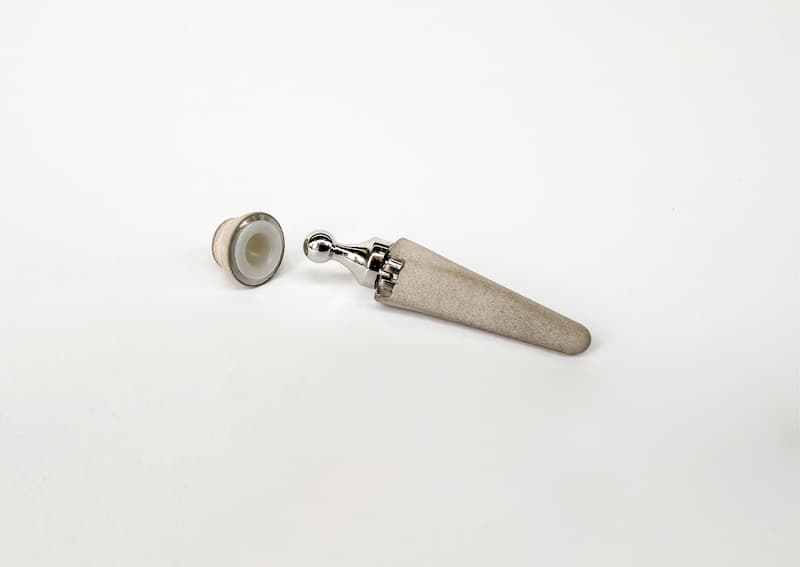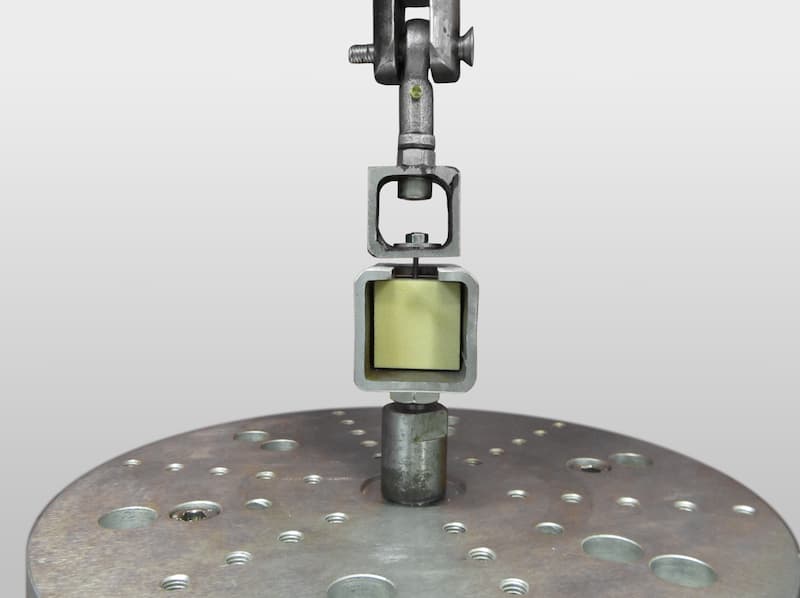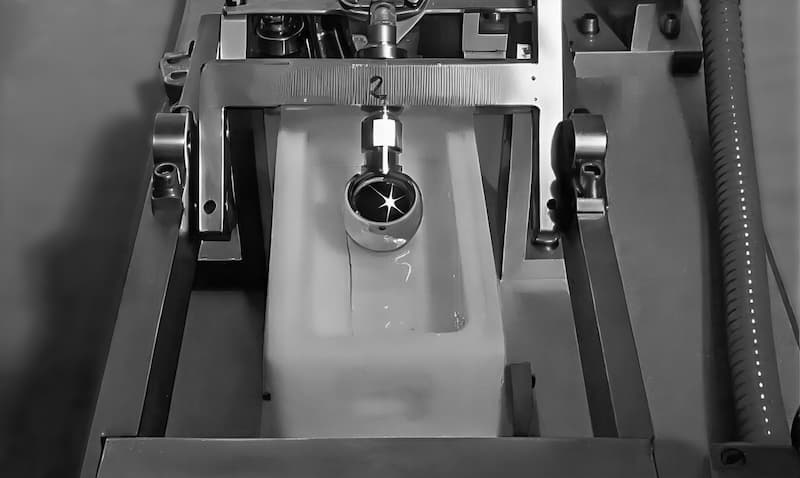FINGER JOINT IMPLANT TESTING
The Instituto de Biomecánica (IBV) offers specialized testing services for finger joint implants, ensuring their strength, durability, and functionality prior to market release.
These devices must withstand repetitive loads and multidirectional movements, while maintaining stability and mobility in the affected joint. At IBV, we perform customized tests that help manufacturers optimize design, improve biomechanics, and validate new material configurations.
In addition to providing test results for implant conformity, we offer technical recommendations to enhance device performance.

FINGER JOINT PROSTHESIS TESTING
Finger joint prostheses are designed to replace joints damaged by arthritis, trauma, or degenerative diseases. Their validation requires specific tests to assess mechanical behavior under real-use conditions.
- Fatigue resistance testing for finger prostheses: Simulation of repetitive loads to analyze implant durability.
- Wear and friction tests: Evaluation of material degradation under prolonged use conditions.
- Stability and range of motion testing: Analysis of the prosthesis’ ability to maintain joint mobility.
These tests ensure that finger prostheses retain functionality over time and across different biomechanical conditions.


BONE FIXATION TESTING IN FINGER IMPLANTS
Finger implants must integrate securely into the bone structure to minimize the risk of loosening or mechanical failure. At IBV, we conduct tests to evaluate fixation strength and long-term stability.
- Pullout resistance testing of fixation screws (ASTM F543): Assessment of the implant’s fixation capacity in various bone types.
- Torsion and stability tests: Measurement of implant resistance to rotational and shear forces.
- Axial and lateral load testing of fixation systems: Determination of implant resistance to multidirectional loads.
These tests help optimize implant stability and reduce the risk of postoperative complications.
WEAR TESTING OF FINGER PROSTHESES
Wear is a critical factor in the long-term performance of joint implants. At IBV, we perform wear tests to determine durability and resistance to contact with surrounding tissues.
- Finger prosthesis wear test (IBV procedure): Gravimetric measurement of wear between articulating components of a finger prosthesis.
- Simulation of flexion-extension and rotation: Evaluation of implant behavior in a six-station wear simulator with frequencies up to 2 Hz.
- Surface degradation analysis: Evaluation of material integrity after prolonged usage cycles.
These studies ensure that finger implants maintain functionality over time, reducing the risk of early failure.

WHY CHOOSE IBV FOR FINGER IMPLANT TESTING
The evaluation of a finger implant goes beyond regulatory compliance, It requires a comprehensive approach that combines mechanical testing, biomechanical analysis, and clinical environment interaction.
At IBV we offer:
- Mechanical testing laboratory: Load, fatigue, and structural strength testing for finger implants.
- Specialized team in biomechanics and orthopedic materials.
- Manufacturer-specific methodology: Customized testing based on implant design and materials.
- Strategic analysis: We offer technical recommendations to optimize implant performance prior to market launch.
Contact our technical team
Discover how our testing services can help you evaluate the conformity of your finger joint implants before certification and commercialization.

